New agents and new ethos of Daoism in China today(2)
江南app下载-官方网站Yang Der-Ruey
2015-10-20
Case 1. Master Rising Sun
The first case to be presented here is a network consisted by the hundreds of disciples of Master Rising Sun. This network is more densely distributed in Hebei, Shandong, Shanxi, Shaanxi, and Beijing, but the scope of its operation actually covers the entire eastern half of China – fr om the Heilongjiang Province on the borderland to Russia down to the H ainan Province in the South China Sea. Before going into details, the first thing should be acknowledged about this network is that it is a rather trans-lo cal, mobile, and horizontal network than a localized, sedentary, and hierarc hical one. This network has no “capital city” or “ancestral temple” or any kind of geopolitical center. Although it is true that the spiritual leader of this network, i.e. Master Rising Sun, does enjoy the supreme charism atic authority over all the members in this network and he must stay in somewhere, but he has never exerted this authority to enforce or require anything from his disciples. Maybe because of his self-constraint in handling power has already become a model for his pupils, there is neither strict hierarchical rule nor static order of power/interest distribution among network membe rs. Instead, there is a remarkable sense of equality and the willingness to share among network members. Moreover, despite his old age, Master Rising S un now still travels or even relocates around the massive territory encompassing the whole northern China in order to inspect and to help the several doze ns of temples or firms presided by his disciples. His nomadism undoubtedly st rengthened the equalitarianism and the horizontalization disposition of the network.
The nucleus of this network, Master Rising Sun, was adopted by his master, a practitioner of Quanzhen Daoism in Shaanxi, during the early 1940s as an orphaned baby. Therefore, except during the Cultural Revolution when he was expelled out from the temple where he grown up, he always lives up to the lofty traditional standard for Quanzhen Daoist priest: vegetarianism, celibacy, frugality, and diligence. During the Cultural Revolution, he became a painter cum scribe of an agricultural production brigade due to his talent in drawing and calligraphy. In 1978, immediately after the “Gang of Four” was toppled down, he left the brigade, went hiding in a deserted temple hig h up on a mountain, and resumed his ascetic life. A few years later, he became a legend in neighboring area and began to train disciples. Unfortunately, a t that time, being a legend did not bring him any material reward that could improve his living condition. Similarly, training disciples incurred no eco nomic gain as his disciples at that time were all just as penniless as he was. Consequently, he was forced to migrate from one destitute temple to another one, where the living condition maybe slightly better, every few years. Gradually, he became used to this kind of floating life even though he did not need to worry about finance anymore. Since the late 1990s, some of his filial disciples have achieved remarkable success in their secular career and so began to repay the aged master generously. However, Master Rising Sun insists to preserve his extremely frugal lifestyle and give out all the money he got fr om those well-off senior disciples to those junior disciples who were still striving to establish their own career, whether religious or secular ones. By so doing, he built up a solid network of disciples around himself, which consists of several dozens of temple leaders, artisans, professionals, white-collar workers, and quite a few successful businessmen. Members of this network, wh o stand in a highly moral-laden relationship – “tongmen shixiongdi ” (fellow disciples of a common master) in Chinese terms – with each other, not only share information and opportunities but also conduct joint venture wh en it was needed. Predictably, Master Rising Sun became increasingly busy as he functions both as the mentor and the symbolic capital for each individual disc iple and the ultimate arbitrator of the exchange among the network. As a result, he became a very proficient user of mobile phone at his late 60s since he has to receive and reply dozens of “short” messages per day, which are often quite long as approaching one hundred Chinese characters actually.
Then, what are the things the network actually does? Let’s take two examples. The first example is the founding of Wanli Company – a tiny “cultural company” that is supposed to be able to do all kinds of business relating to education, science, and culture. Regardless of all the complicated considerations behind the plan of Wanli Company, the main idea of it is simply to improve the living quality of Master Rising Sun in a way that looks acceptable to him. Why? First, the aged master refuses to retir e and live on the generous offer from his disciples without doing any job, so his filial disciples cannot but to create a well-paid job for him. Secondly, the old man refuses to use any money from the donation to temple – even if the donation is from his disciples, so his extremely frugal lifestyle won’t be improved at all if he keeps on working in a temple. Therefore, one of th e most successful disciples of his, Mr. Mu, proposed to launch a cultural company and invited him to be the general manager.
It is probably for making the old man believes that this enterprise is a serious attempt to make money through promoting Daoist cultur e instead of a game set up by his filial disciples, the company was found as an affiliate to the Wang’s corporate group, to which Mr. Mu is not the owner but one of the partners. Mr. Wang, the chairman of the Wang’s corporate group and Mr. Mu’s close friend, promised to invest one million RMB on this c ultural company. Then, the Wanli Company began to operate in summer 2009 with Mr. Mu as its legal representative and Master Rising Sun as its general manager.
Under the two headmen, there were four full-time employees in this company: a junior manager and three clerks. The Manager Li, a man in his early 30s, was invited to join this company by Master Rising Sun because h e has ever deeply impressed the Master with his traditional literati style years ago when he, as an agent of another cultural company, get in touch with the Master for some business. The three clerks, Miss Su, Mr. Hu, and Mr. Bai, are supposed to be under the leadership of Manager Li. They all have clearly defined jobs, but, since the company is so small, everybody would do everything wh enever the situation requires. Miss Su, a nephew of Mr. Mu’s wife who just graduated from a college of accounting and finance, is the cashier. Mr. Hu, a graduate student from the department of religious study of the Nankai University, was invited by the old Master to join this company because of his intellectual background. He served as the personal secretary of the old Master, whose main job is collecting and sorting the old Master’s writings. Finally, Mr. Bai, the webpage designer, is supposed to create webpage for the Wanli Company and maintain it. Apart from the four full-time employees, there were three counselors who affiliated to the Wanli Company on part-time bas is. The most senior one is Counselor Cheng, an engineer retired from the Wan g’s corporate group just a few months ago, who has been a devoted practitioner of Daoist inner alchemy for many years. Then, Counselor Wu is a well-versed Quanzhen Daoist priest who was trained by the highly respected Quanzhen Daoist Master Kuang of Lao Mountain (Shandong) and then, having completed his training, moved to work in the famous monastery of the Tiantai Mountain in Zhej iang Province. Despite his young age, Counselor Wu has already published several books on Daoist longevity skills. Finally, the youngest one, Counselor Ding, is actually a professional acrobat who is well-known as the Guinne ss World Record holder of rope skipping and stilts walking.


 |
|




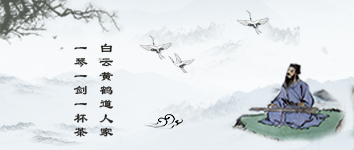
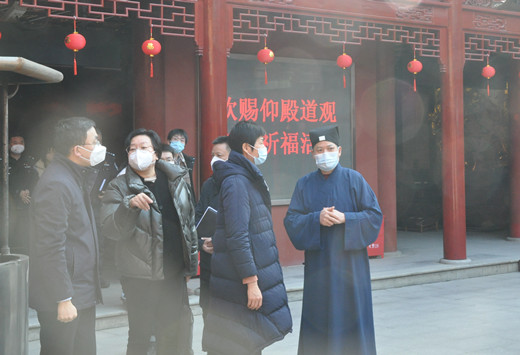

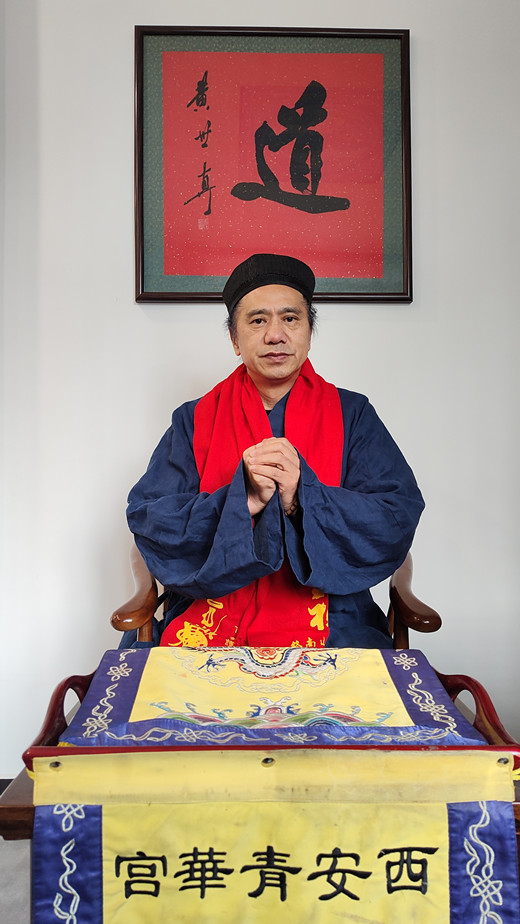
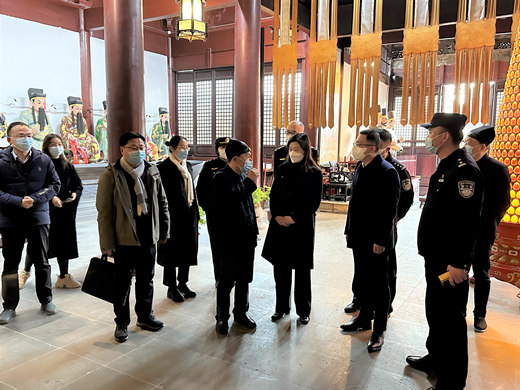
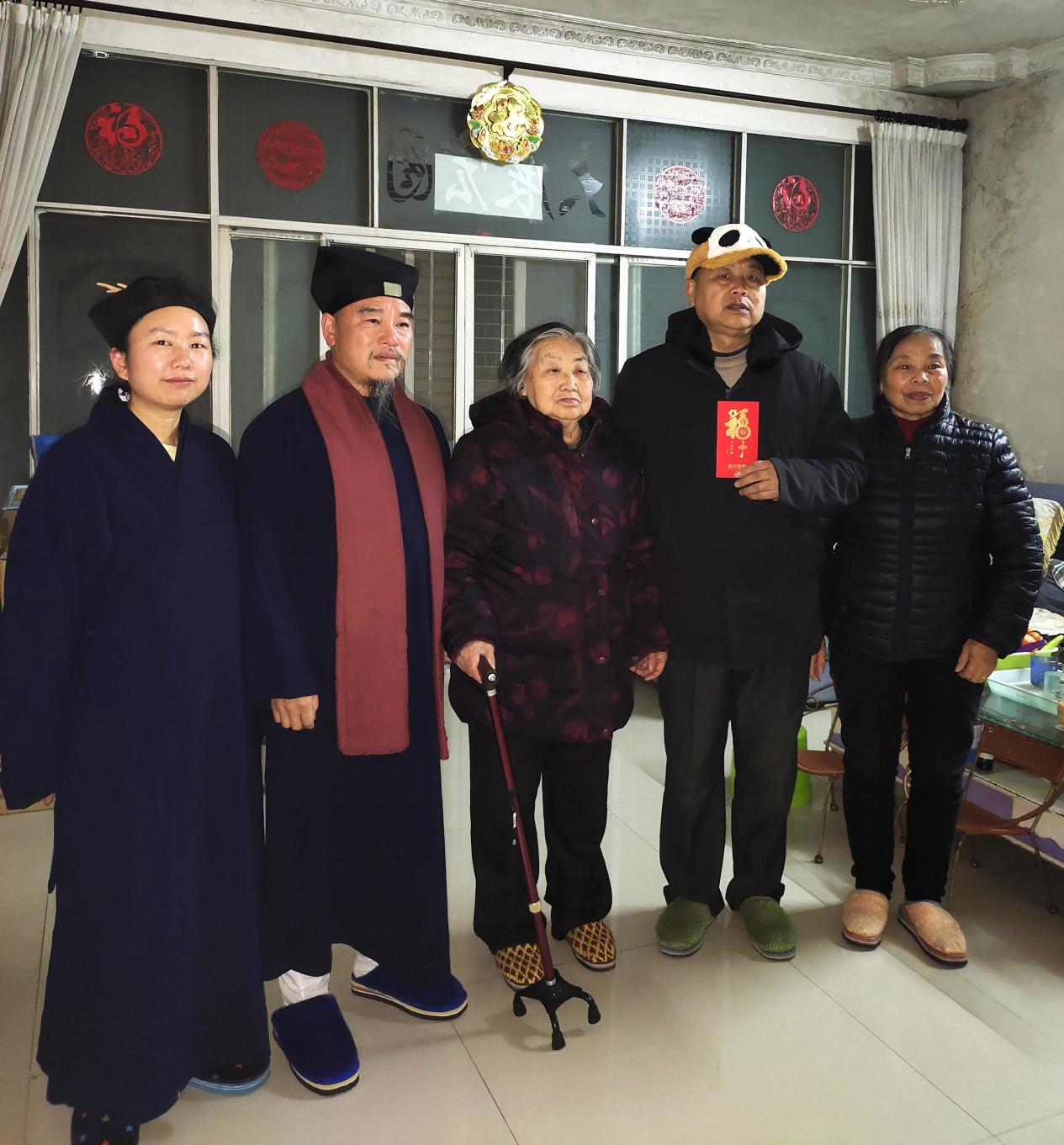
 京公网安备 11010202006208号
京公网安备 11010202006208号